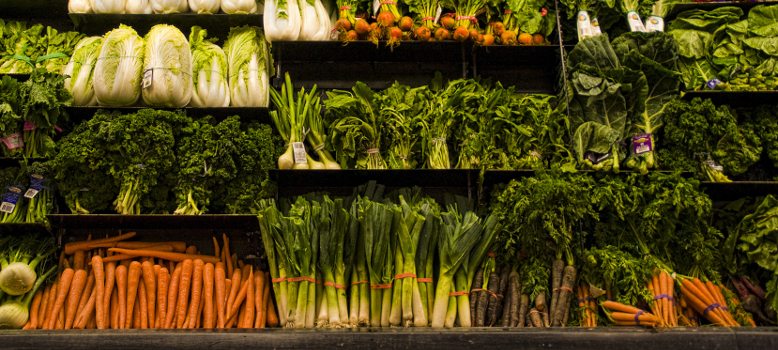Uk Ombudsman Finding Is Proof That Strong Retail Regulation Is Needed in Ireland

IFA National Chairman, Jer Bergin said today’s findings by UK Groceries Code Adjudicator, Christine Tacon against a major retailer confirm that a similar independent ombudsman is needed in Ireland to regulate the grocery retail market.
The Adjudicator’s Investigation found that the retailer deliberately delayed payments to suppliers and unilaterally paid them less than they were owed in an attempt to meet financial targets.
IFA has been campaigning for an Independent Retail Ombudsman for some time and it is a key demand in our General Election 2016 Manifesto.
Jer Bergin said, “In Ireland and at EU level, there is a major imbalance of power in the food supply chain between retailers on the one hand and processors, suppliers and primary producers on the other. The small number of large retailers clearly have excessive buying power and the ability to dictate prices levels back to farmers, often driving prices to uneconomic levels and even below the cost of production.
“While the Competition and Consumer Protection Act 2014 has begun to address the issue of retailer regulation, the Grocery Code Regulations have yet to be published. These will provide some contractual guarantees between producers and retailers, however the UK experience shows that a strong, Independent Retail Ombudsman is needed to deal firmly with retailer multinationals.”
IFA has identified the following policy actions necessary to ensure fairness in the food chain:
• Stronger legislation is required, including the introduction of an Independent Ombudsman to oversee and regulate the behaviour of retailers and to ban below-costs selling.
• Increased price transparency is required to improve the overall functioning of the market. This requires the introduction of an EU wholesale price reporting system for food produce, particularly in the meat sector.
• Legislation to provide for the disclosure of profits in the Irish market by large retail multiples which would improve transparency and re-balance bargaining power in the food supply chain.




